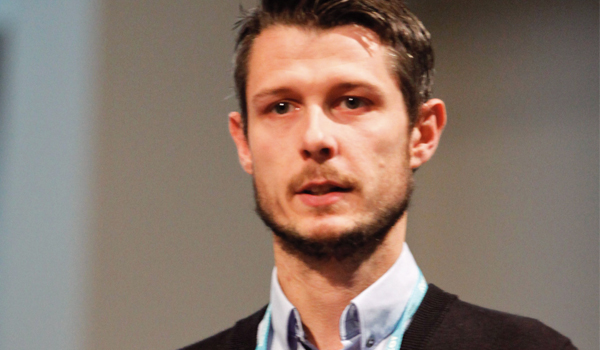New centre of excellence to improve UKs resilience to cyber attacks
A new centre of excellence aims to improve resilience to cyber attacks by conducting world-leading studies into machine learning, data analytics and artificial intelligence that will ultimately protect corporate IT networks, intellectual property and critical national infrastructure.
A new centre of excellence aims to improve resilience to cyber attacks by conducting world-leading studies into machine learning, data analytics and artificial intelligence that will ultimately protect corporate IT networks, intellectual property and critical national infrastructure.
Last month an unprecedented global ransomware attack hit 48 UK NHS organisations, including 30 hospital trusts, with more than 300,000 ransomware victims across 150 countries.
And the UKs National Cyber Security Centre has warned that further cases of ransomware on a significant scale were likely.
Almost two million computer misuse offences were recorded in the latest Crime Survey for England and Wales. National Police Chiefs Council lead for crime and incident recording Chief Constable Bill Skelly said police forces were working with partners both locally and nationally to strengthen peoples defences against online crime and develop new tactics and capabilities for digital policing to tackle the cyber threat.
The new Centre of Excellence in Cyber Security Analytics will be located at Cardiff Universitys School of Computer Science and Informatics and will be the first centre of its kind in Europe.
Together with experts from Airbus, the centre, which forms part of a strategic memorandum of understanding between the two parties, will also develop industry-relevant academic programmes in cyber security at the university to fill the skills gap that currently exists in the field.
The agreement will also support knowledge sharing between Airbus and Cardiff University, with the potential for secondments and industrial placements to be made available for researchers and students.
Cardiff Universitys Dr Pete Burnap, director of the Centre of Excellence for Cyber Security Analytics, explained: Cyber security analytics is about improving our resilience to cyber attacks through data modelling to detect and block malicious behaviour before it causes its full impact; but also about understanding what motivates the behaviour, what its likely impact will be, and how to communicate security alerts among decision and policy-makers.
The centre is interdisciplinary by design and will draw together expertise in cyber security from across the whole university.
Dr Kevin Jones, head of cyber security innovation at Airbus, said collaborating with leading universities such as Cardiff to research and develop sophisticated machine learning and data analytics for attack detection was a key approach in the future protection of critical systems.
The launch of the Centre of Excellence in Cyber Security Analytics is an enabler for the rapid transfer of research into operational activities and ensures that researchers are able to access the latest techniques and data, and in addition are supported by Airbus experts, he added.
In tandem with the launch of the Centre of Excellence, Cardiff University has also been awarded almost £2 million in external funding from a range of sources, including UK research councils, industry and government, to launch major new programmes over the next three years, aimed at developing cutting-edge machine learning algorithms to detect cyber threats targeting various internet-enabled environments, including online social media to control systems in critical national infrastructure.
Together, Cardiff University and Airbus have already received more than £1 million of funding for cyber security, including studying risks to the systems underpinning critical national infrastructure. This was part-funded by the Endeavour programme backed by Airbus and the Welsh government.
Cardiff Universitys vice-chancellor, Professor Colin Riordan, said: Cyber security research is of critical importance in our digital society so its extremely important that we find innovative, real-world solutions to help detect, and protect against, dangerous cyber attacks.



